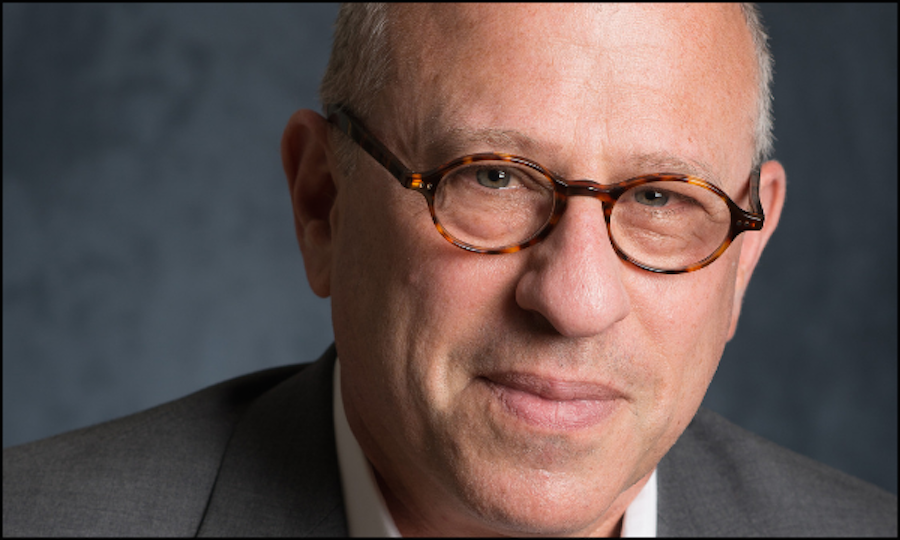Book Excerpt: More Beautiful Than Before

At a conference not long ago, someone asked me about the book I was working on, and I told him it was about the lessons we learn from pain. He asked me what the result of my own pain was, and without hesitation I said: “I am a nicer person.” Not that I was a mean or evil person before, but experiencing pain made me a nicer one. This man then pointed something out to me that I had never thought about before. He pointed out that the Bible says God places words and commandments for kindness and decency upon our hearts.
Why Does God place these words upon our hearts? Why not place these holy words in our hearts?” he asked me.
Then he answered his own question, quoting a sage:
“It is because as we are, our hearts are closed, and we cannot place the holy words in our hearts. So we place them on top of our hearts. And there they stay until, one day, the heart breaks and the words fall in.”
I have never understood how people can pray for mercy and compassion from God but not be merciful and compassionate themselves. Compassion is central to every major religion in the world. In the most famous Jewish example of this, a pagan asked the great Rabbi Hillel to explain all of Judaism to him while standing on one foot—not much time to explain an entire religious tradition. Hillel summarized an entire worldview by saying, “Do not do unto others what is hurtful to you. The rest is commentary. Go and study.”
A religion scholar, Karen Armstrong, put it this way: “Every single has evolved their own version of what’s been called the Golden Rule. Some- times it comes in a positive version—‘Always treat all others as you’d like to be treated yourself.’ And equally important is the negative version—‘Don’t do to others what you would not like them to do to you.’ Look into your own heart, discover what it is that gives you pain, and then refuse, under any circumstance whatsoever, to inflict that pain on anybody else.”
Henry James put it another way: “Three things in human life are important: The first is to be kind. The second is to be kind. And the third is to be kind.” Everything else is commentary.
Chris Abani is a Nigerian dissident, author, and storyteller. “What I’ve come to learn,” he says, “is that the world is never saved in grand messianic gestures, but in the simple accumulation of gentle, soft, almost invisible acts of compassion, everyday acts of compassion. . . . During the Biafran war . . . it was my mother with five little children. It takes her one year, through refugee camp after refugee camp, to make her way to an airstrip where we can fly out of the country. At every single refugee camp, she has to face off soldiers who want to take my elder brother, Mark, who was nine, and make him a boy soldier. Can you imagine this five-foot-two woman, standing up to men with guns who want to kill us?
“All through that one year, my mother never cried one time, not once. But when we were in Lisbon, in the airport, about to fly to England, this woman who saw my mother wearing this dress, which had been washed so many times it was basically see-through, with five really hungry-looking kids, came over and asked her what had happened. And she told this woman. And so this woman emp- tied out her suitcase and gave all of her clothes to my mother, and to us. That was the only time she cried. And I remember years later, I was writing about my mother, and I asked her, ‘Why did you cry then?’ And she said, ‘You know, you can steel your heart against any kind of trouble, any kind of horror. But the simple act of kindness from a complete stranger will unstitch you.’”
“One day, the heart breaks and the words fall in.”
People often sit on my couch of tears to pour out their sorrows, to weep, to ask, “Why?” When it is their marriage that is the source of those tears, the answer to why is sometimes very simple. Somewhere in the journey that was their marriage, they just stopped being nice to each other. They just stopped being kind.
Do you want to stay married? Be kind. Do you want to hold on to your kids even when they are adults themselves? Be kind. Do you want to be close to your brothers and sisters? Do you want to have friends? Do you want to be respected and successful in business? Do you want to be proud of who you are—who you really are? Be kind. Research now indicates that we are at our best when we actually do think with our hearts. Scientists have demonstrated that certain chemicals released from the heart are responsible for stimulating the part of our brain that makes compassionate choices. When we are at our best, our most human and humane, we think with our hearts.
Excerpt reprinted with permission from More Beautiful Than Before (Hay House; 2017). Book is available on Amazon, Barnes & Noble and wherever books are sold.
This excerpt was featured in the April 21st edition of The Sunday Paper, Maria Shriver’s free weekly newsletter for people with passion and purpose. To get inspiring and informative content like this piece delivered straight to your inbox each Sunday morning, click here to subscribe.
READ MORE STORIES THAT MOVE HUMANITY FORWARD
READ MORE STORIES THAT MOVE HUMANITY FORWARD
SIGN UP FOR MARIA’S SUNDAY PAPER

